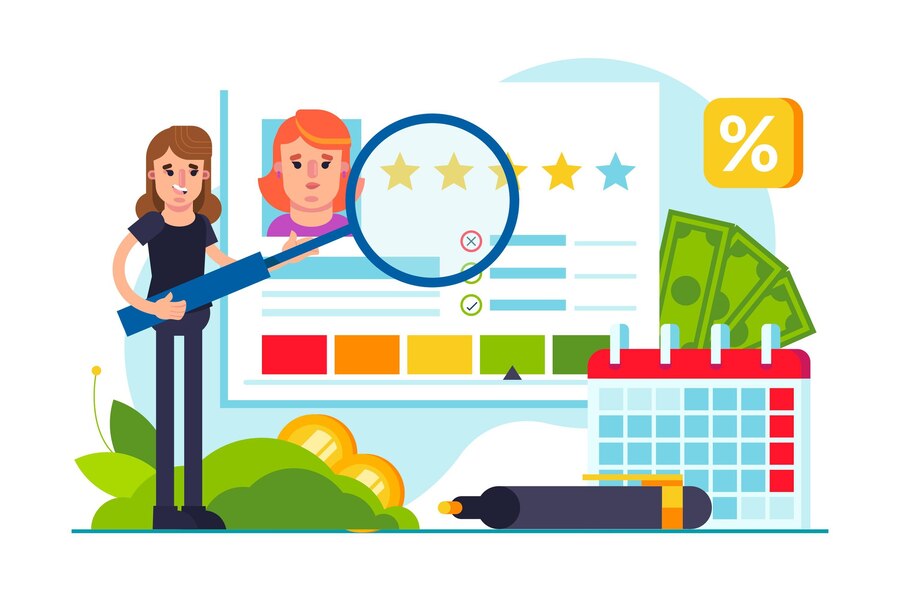In the world of personal finance, maintaining a good credit score is crucial for accessing loans, securing favorable interest rates, and even renting an apartment. However, life’s unexpected twists can sometimes lead to financial hardships, including difficulties in repaying loans. One such consequence is the impact on credit scores due to loan defaults. Understanding this impact is essential for navigating financial challenges and rebuilding credit health. In this blog, we delve into the intricacies of how loan defaults affect credit scores and offer strategies to mitigate their effects.
Understanding Credit Scores:
Before delving into the effects of loan defaults, let’s briefly understand credit scores. Credit scores, typically ranging from 300 to 850, serve as a numerical representation of an individual’s creditworthiness. Higher scores indicate lower credit risk, making it easier to obtain credit at favorable terms. Credit scores are calculated based on various factors, including payment history, credit utilization, length of credit history, types of credit accounts, and new credit inquiries.
Impact of Loan Defaults:
A loan default occurs when a borrower fails to make timely payments as per the loan agreement. This default can have significant repercussions on credit scores. Payment history is one of the most influential factors in credit score calculations, constituting approximately 35% of the score. Therefore, missing loan payments or defaulting on a loan can result in a substantial decrease in credit scores.
Moreover, loan defaults can trigger a cascade of negative consequences. Lenders may report late payments to credit bureaus, leading to derogatory marks on credit reports. These derogatory marks, such as delinquencies or charge-offs, signal to future lenders that the individual has a history of financial mismanagement, further impacting creditworthiness.
Mitigating the Impact:
While the repercussions of loan defaults on credit scores can be severe, there are steps individuals can take to mitigate their impact and rebuild their credit health:
1. Communication with Lenders: If facing financial difficulties, it’s crucial to communicate with lenders proactively. Many lenders offer hardship programs or alternative payment arrangements to help borrowers navigate temporary financial setbacks. By communicating openly and honestly with lenders, individuals may be able to avoid defaulting on loans altogether.
2. Timely Payment Arrangements: Making timely payment arrangements, even if reduced or modified, can prevent further damage to credit scores. While these arrangements may not completely erase the negative impact of default, they demonstrate a willingness to fulfill financial obligations, which can be viewed positively by future creditors.
3. Credit Counseling: Seeking guidance from reputable credit counseling agencies can provide valuable insights into managing debt and improving credit scores. Credit counselors can help individuals create realistic budgets, negotiate with creditors, and develop personalized debt repayment plans.
4. Credit Monitoring and Dispute Resolution: Regularly monitoring credit reports allows individuals to identify inaccuracies or discrepancies resulting from loan defaults. In case of errors, individuals can file disputes with credit bureaus to have them corrected, thereby preventing unwarranted damage to credit scores.
5. Responsible Credit Behavior: Engaging in responsible credit behavior, such as making timely payments on other credit accounts, keeping credit card balances low, and avoiding excessive new credit inquiries, can help offset the negative impact of loan defaults over time.
Conclusion:
Loan defaults can have far-reaching implications on credit scores, affecting an individual’s ability to access credit and secure favorable terms in the future. However, by understanding the mechanisms behind credit scoring and implementing proactive strategies, individuals can mitigate the impact of loan defaults and work towards rebuilding their credit health. From open communication with lenders to responsible credit management practices, navigating the aftermath of loan defaults requires diligence and perseverance. By taking decisive steps toward financial recovery, individuals can reclaim control over their creditworthiness and pave the way toward a brighter financial future.



